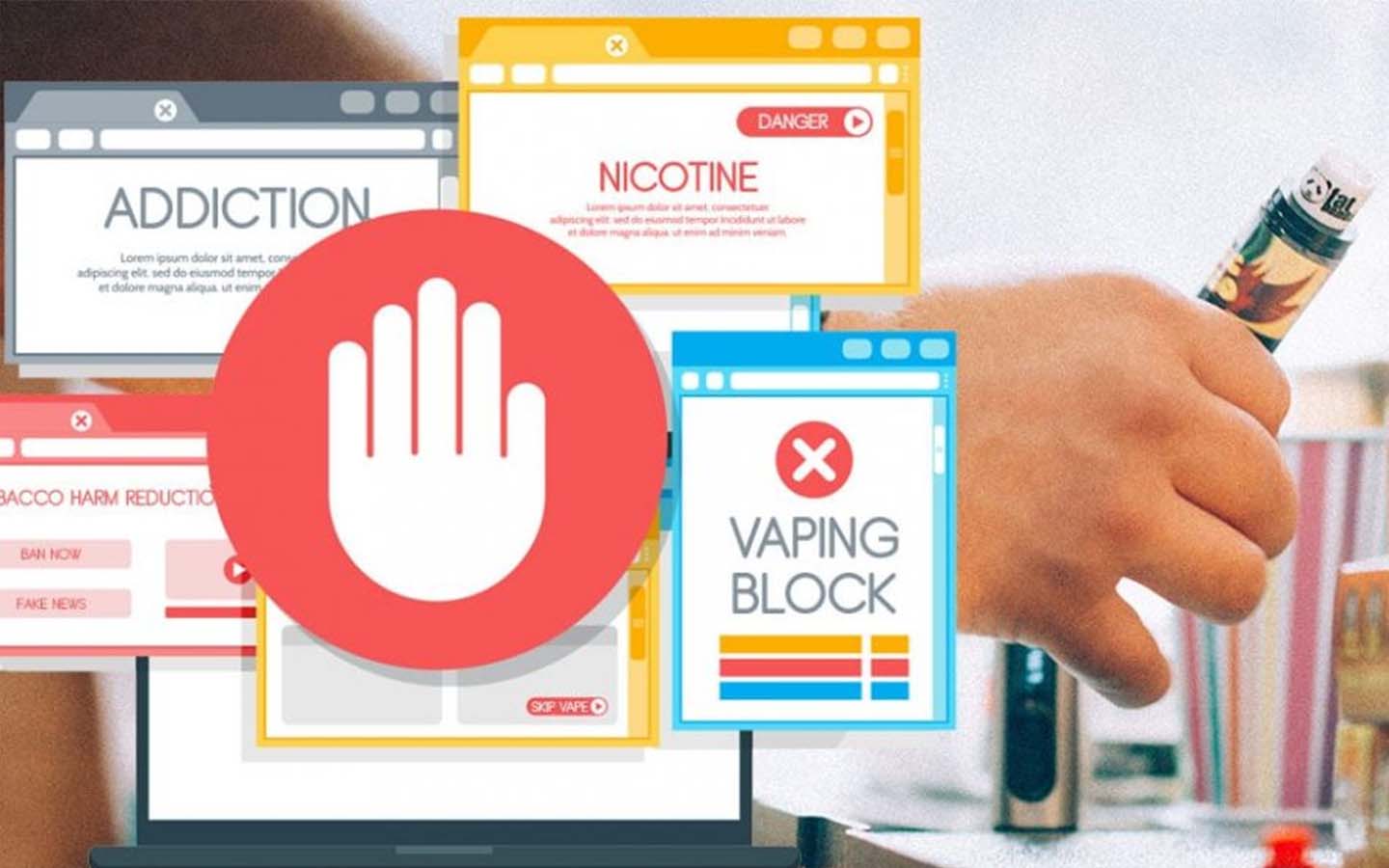
While the World Health Organization calls on governments around the world to ban vape flavors, real-world data shows that such bans are counterproductive and that vaping products help reduce smoking rates.
Last month, the World Health Organization (WHO) issued a statement calling on governments around the world to ban vaping products and flavors, a move that marked an escalation in the WHO’s campaign against vaping products. Echoing the views of tobacco harm reduction (THR) experts around the world, the World Vapers Alliance (WVA) reiterated that the WHO’s stance is not only wrong, but also far from science.
WVA Director Michael Landl emphasized that studies have shown that flavored vapes increase the chances of successfully quitting smoking by 230% compared to unflavored vapes. WVA also pointed to research showing that vapes are 95% less harmful than cigarettes and are more effective in helping smokers quit than traditional methods like gum and patches. Restricting or banning access to vape flavors, THR experts argued, would undermine public health efforts and cause unnecessary harm.
Landl said the WHO proposal was a blatant disregard for its duty to protect public health, describing it as a regressive move that would likely lead people back to smoking . The WVA called on global health policymakers to reject the WHO recommendation and adopt a more balanced, evidence-based approach to regulating vaping.
The coalition advocates for policies that respect the rights and choices of adult smokers and effectively address youth vaping without reversing gains in smoking cessation. It also calls for decisions to be based on science and evidence, rather than unfounded fears and social panic.
A strategy that works in practice
In fact, the UK’s contrasting, science-based approach has yielded surprisingly positive results. In 2021, the Medicines and Healthcare products Regulatory Agency announced that any approved vaping product (without restrictions on flavours) would be made available for doctors to prescribe. “Opening the door to an NHS-licensed e-cigarette has the potential to address the stark disparities in smoking rates across the country, helping people stop smoking regardless of where they live or where they come from,” Health Secretary Sajid Javid said at the time.
While a 2022 study by the University of East Anglia (UEA) found that issuing e-cigarette vouchers through the UK’s National Health Service (NHS) can help even the longest-time smokers quit. Working closely with GPs and the NHS’s stop-smoking service to evaluate a pilot vape voucher scheme used to help patients who had tried and failed to quit in the past, UEA researchers found that 42% of smokers who were prescribed e-cigarettes were able to quit within a month.
The pilot involved 668 participants who were referred to receive a vape voucher that could be redeemed for a vape kit from a local vape shop. Of these, 340 redeemed their voucher, along with advice on nicotine strength and flavouring of e- liquids , in addition to support from Smokefree Norfolk. Following the success of the pilot, the programme was rolled out nationwide, achieving unprecedented success rates in quitting smoking.
“ The programme allowed 42% of regular smokers who redeemed their vape vouchers to successfully quit smoking after four weeks. This is particularly important as it has helped people who have tried and failed to quit smoking multiple times to stay off cigarettes,” said Professor Caitlin Notley, an addiction and research expert, from UEA’s Norwich Medical School.
Real-world data has proven that flavor bans don't work.
While recent data from California, where the flavor ban was enacted in 2020, has confirmed it’s not working. A recent study published Nov. 7 in the journal Tobacco Control found that more California consumers are now buying flavored cigarettes and vapes online. The findings indicate that shopping queries for cigarettes and vaping products were 194% and 162% higher than expected after the law went into effect, respectively.
Furthermore, consistent with THR experts' warnings , the ban has fueled a black market for locally flavored products, and as a result, the US vape market, now valued at $7 billion, is now facing challenges in curbing the influx of unauthorized flavored vapes.
*** (THR) Tobacco Harm Reduction : Reducing the harmful effects of tobacco
THR Experts Condemn The WHO's Proposed Vape Flavor Ban - Vaping Post







![[H] dotMod dotAIO X Pro](http://thevapeclub.vn/cdn/shop/files/h__dotmod_dotaio_x_pro_1faf8f9936ab41d0acec625b36f445b1.png?crop=center&height=20&v=1723177235&width=20)
![[H] dotMod dotAIO X Pro](http://thevapeclub.vn/cdn/shop/files/dotmod_dotaio_x_pro_black_19673d303b75438a9b5e0dddb261b88a.png?crop=center&height=20&v=1723177234&width=20)






